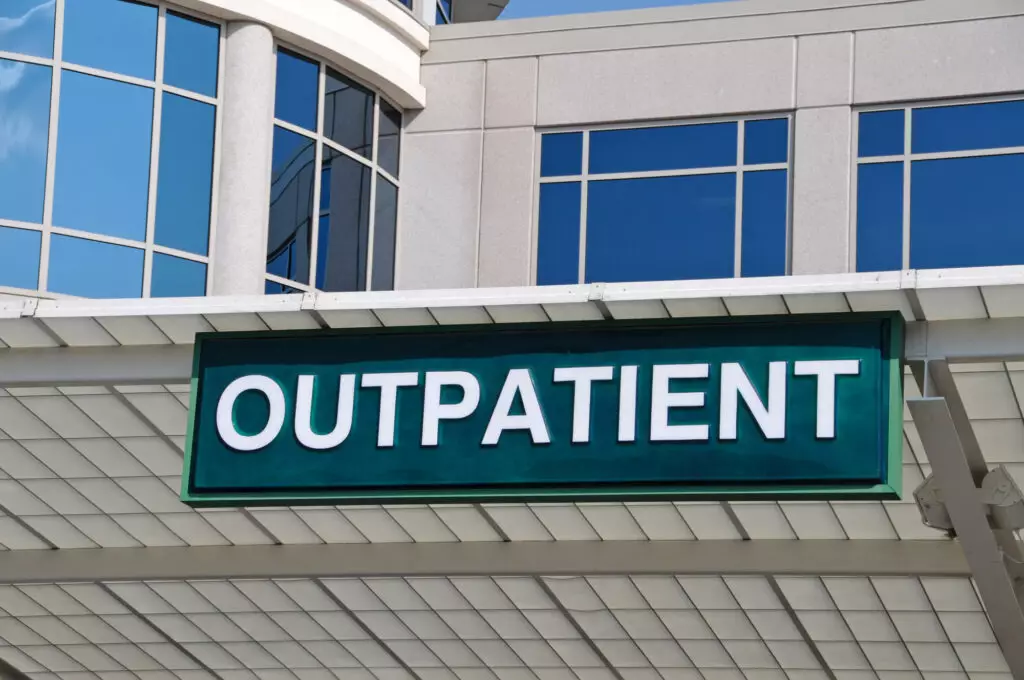The US is home to over 14,000 treatment facilities that specialize in recovery for drug and alcohol abuse.
Among that growing number of facilities is a wide variance in the types of programs and their approaches to sober living.PHP treatment is one type of program that can benefit addicts at all levels of recovery.
Whether youcan’t commit to a residential programor you need continued support after finishing one, PHP is a great option. It can get or keep you on to the path of recovery while you live a normal life outside of the facility.
Looking for a balance between structure and flexibility? Keep reading to learn more about PHP treatment and how it suits your recovery.
What Is PHP Treatment?
PHP stands for partial hospitalization treatment. It’s a type of outpatient treatment for patients with drug and alcohol use disorders. It involves on-campus addiction treatment while living at home or in a sober living environment.
Patients of PHP rehab have access to day treatment services. They’re required to be present at the treatment center for a specific number of hours or days every week. This gives a person the opportunity to practice the habits of living sober but in a highly structured environment.
When you’re not ready to live sober completely on your own, PHP is the perfect transition. It goes without saying that you must remain clean throughout the entire program in order for it to be of benefit.
PHP is tailored to individuals who need the help of a structured program but can function without 24-hour supervision. There are also people that function better with a bit more flexibility than an inpatient program offers. PHP provides the right balance between the clinical setting and personal responsibility.
What Does PHP Treatment Look Like?
PHP rehab involves many of the same components as an inpatient program. Most programs are personalized for the individual, to a degree. The incoming patient works with a counselor to figure out what works for them.
Some of the typical components of PHP therapy include, but are not limited to:
- Group Therapy. This is led by a counselor and conducted in a small or large group of people, depending on the program and the patient needs. In a group session, patients build relationships with others who know the struggle of addiction. This camaraderie is especially helpful after the patient leaves treatment.
- Individual Therapy. In one-on-one meetings with a counselor or therapist, the patient can better understand the reasons for their substance use disorder. They also learn what their triggers are and are provided coping tools that can beused outside of treatment.
- Family Therapy. These therapy sessions bring all affected members of the family together to meet with a therapist or counselor. It’s an important piece of recovery because, often, addiction affects the family members of the addict. These sessions help overcome negative emotions and codependent behaviors so the patient can return to a healthy and supportive home.
- Life skill Training. Some facilities may bring in speakers or organize events where patients can learn valuable life skills. This might involve nutrition and fitness classes, career training, or parenting classes.
- Medication Management. Because some addicts require medication either to curb cravings or to treat a co-curring mental health condition, PHP rehab offers medication management. Patients also have access to nurse practitioners, doctors, and psychiatrists who will consistently evaluate the persons progress.
- Socialization. An important part of the recovery process is learning how to socialize as a sober person. This is why interaction with peers, the community, and your family is encouraged. Many facilities will also organize activities that help build and sustain relationships that will become important when the patient is discharged.
Following PHP treatment, patients work closely with the counselors, therapists, and medical professionals on staff to plan for their aftercare. Aftercare programs are highly individualized and might involve continued therapy, support groups, as well as tools to help them avoid relapse.
Who Is PHP Treatment for?
PHP treatment is made for people at any stage of the recovery process.
For people just embarking on sobriety, it can be the first stage of their treatment. These may be people who have a substance use disorder but don’t require the intensive care offered in residential programs. These could also be people who can’t commit to a residential program due to other responsibilities, as well as people who do better in a more flexible environment.
But PHP also functions well as the second step after an inpatient program. It can be difficult to come outof a 30, 60, or 90-day program and head straight back to your normal life -and all the triggers that it comes with. Instead, PHP works as a transition recovery program where patients can practice personal responsibility at home while still receiving the care and support they had in their inpatient program.
Finally, PHP treatment is a great choice for people who have relapsed. Addiction cannot be cured, it can only be managed. And when an addict relapses, they might find it helpful to have access to all the therapy, support, and care they had when they got sober.
Find a Treatment Program That’s Right for You
PHP treatment offers the perfect balance between personal responsibility and a structured clinical setting. It involves all of the support that an inpatient program offers, but with more flexibility and the ability to go homeat the end of the day. Whether you’re just starting on your journey of sobriety, you’re transitioning from a residential program, or you’re looking for support after a relapse, PHP is a good option.
But if you’re still not sure if PHP is right for you, contact us. We can help you figure out a path to recovery that works for you.
Jump to a Section
Call (855) 425-4846
